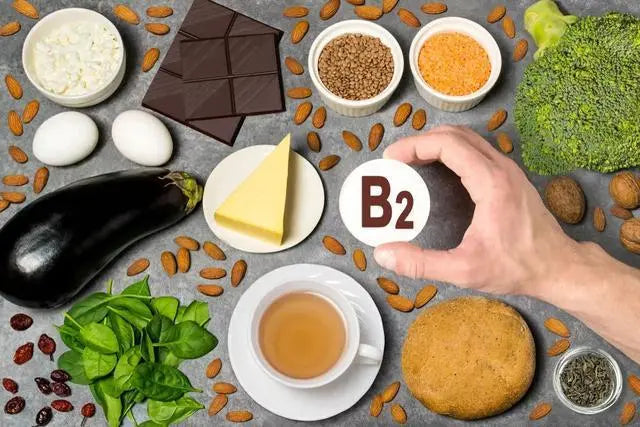The Japanese government conducted a survey on the relationship between vitamin C and senile cataracts among 40,000 people. The results showed that the probability of suffering from senile cataracts can be reduced by about 30-40% for people who consume more vitamin C from food. (The most important explanation in this paragraph is to ingest it from food, not tablets. Everyone should see this clearly.)
Experts believe that with age, the protein in the lens of the eyeball will gradually oxidize, leading to senile cataracts. The research team established by the Ministry of Health, Labor and Welfare of Japan was headed by Shoichiro Tsukino, the research director of the National Cancer Center of Japan. The main purpose is to investigate whether vitamin C has the effect of preventing the peroxidation of crystal protein.
In 1995, the researchers took about 40,000 people between the ages of 45 and 60 as objects, investigated the diet content of these people, and then calculated the average intake of vitamin C from it. Then, in 2000, it was investigated whether these people had been diagnosed with senile cataract or had undergone surgery in order to deduce the relationship between vitamin C intake and eye disease.
According to the survey results, men with the highest average daily intake of vitamin C (median value 211 mg) had a 35% lower risk of developing senile cataracts than those with the lowest intake (median value 52 mg). Severe enough to require surgery has a 30% lower risk.
As for women, the group with the highest intake of vitamin C (median value 258 mg) had a 41% lower attack rate compared with the group with the lowest intake (median value 75 mg), and the risk of severe enough to require surgery was about 100%. 36% lower.
According to Japanese media reports, the average Japanese intake of vitamin C per person is about 110 mg per day, one lemon contains about 70 mg, and one orange contains about 22 mg of vitamin C. Masao Furuta, a professor at Kyorin University in Japan, called on the public to eat a balanced diet in daily life and get more vitamin C from citrus, grapefruit and other foods. (Readers see if you have to get it from food. Natural vitamin C and artificial vitamin C pills are completely different things. The latter will only cause heart disease, kidney stones and breast cancer. Natural vitamin C only exists in In food, except for eating fruits, others are irreplaceable.)
Comment
Western medicine factories are the most deceptive. They hold artificial vitamin C in one hand and papers on natural vitamin C in the other to prove how good vitamin C is. In fact, the two are completely different. They want to deceive people by pretending to be fake. VW, it turns out a bunch of idiots fell for it and spent money to harm themselves.

